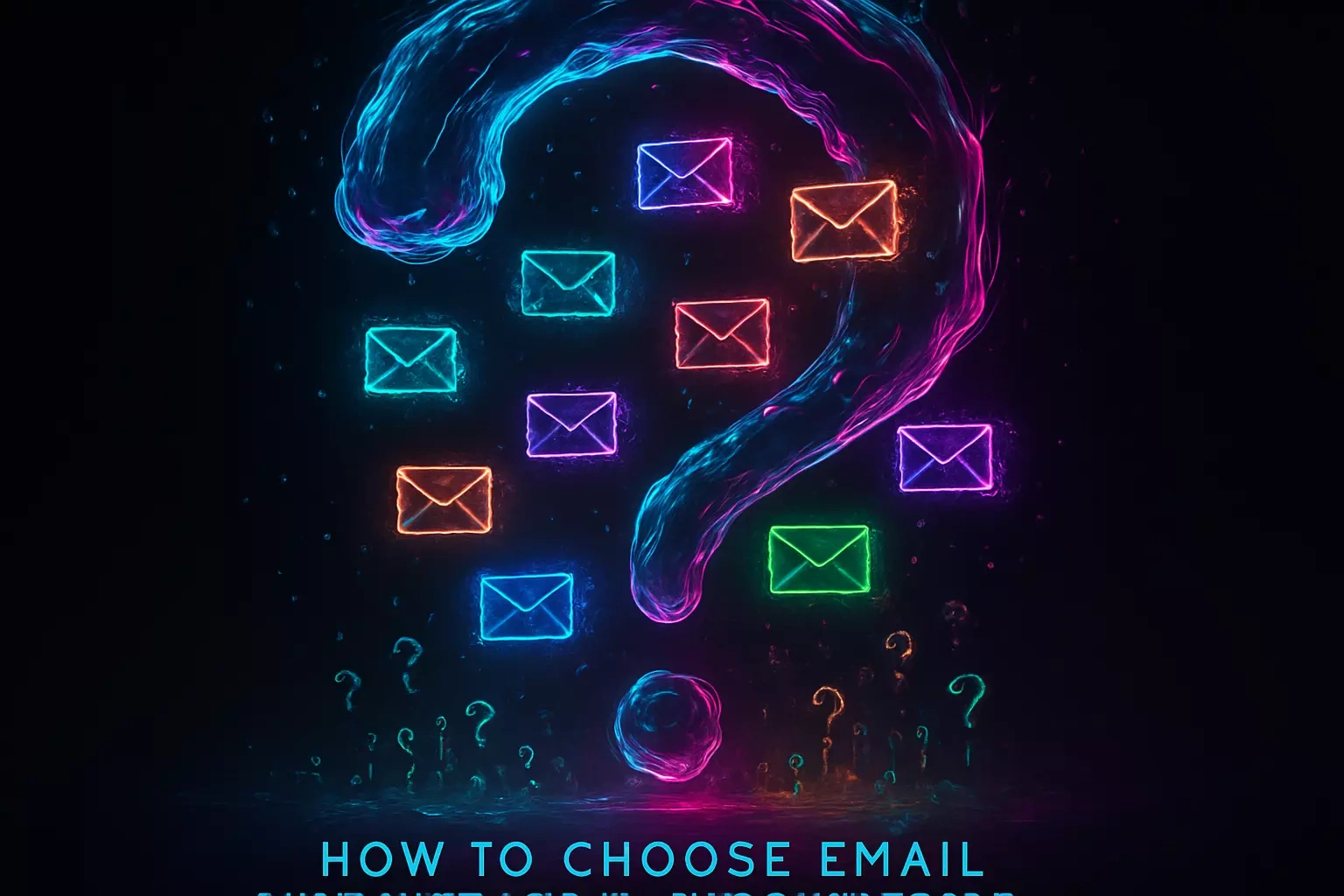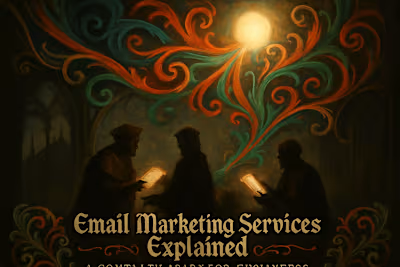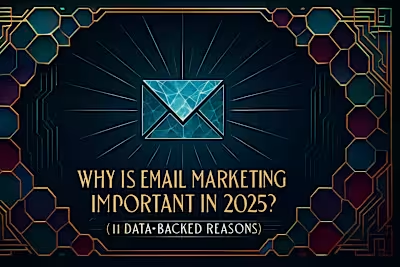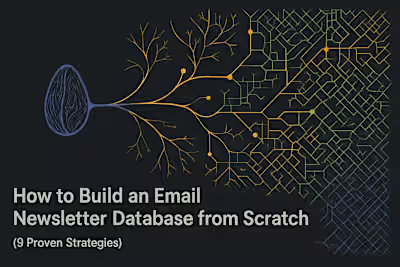How to Choose Email Marketing Companies: 10 Questions to Ask

How to Choose Email Marketing Companies: 10 Questions to Ask
Strategic and Foundational Questions
1. What is your strategic process?
2. Can you show me examples of your work and results?
3. Who will I be working with?
Technical and Tactical Questions
4. How do you handle deliverability and list health?
5. What email marketing platforms do you specialize in?
6. What is your approach to segmentation and personalization?
Performance and Relationship Questions
7. How do you measure and report on success?
8. How do you charge for your services?
9. How will you collaborate with our team (and other agencies)?
10. Can I speak to some of your current or past clients?
Making Your Final Decision
References
How to Choose Email Marketing Companies: 10 Questions to Ask
Strategic and Foundational Questions
1. What is your strategic process?
2. Can you show me examples of your work and results?
3. Who will I be working with?
Technical and Tactical Questions
4. How do you handle deliverability and list health?
5. What email marketing platforms do you specialize in?
6. What is your approach to segmentation and personalization?
Performance and Relationship Questions
7. How do you measure and report on success?
8. How do you charge for your services?
9. How will you collaborate with our team (and other agencies)?
10. Can I speak to some of your current or past clients?
Making Your Final Decision
References
Posted Jun 20, 2025
Choosing the right email marketing partner is crucial. Use these 10 essential questions to evaluate email marketing companies and find the perfect fit for your business.









